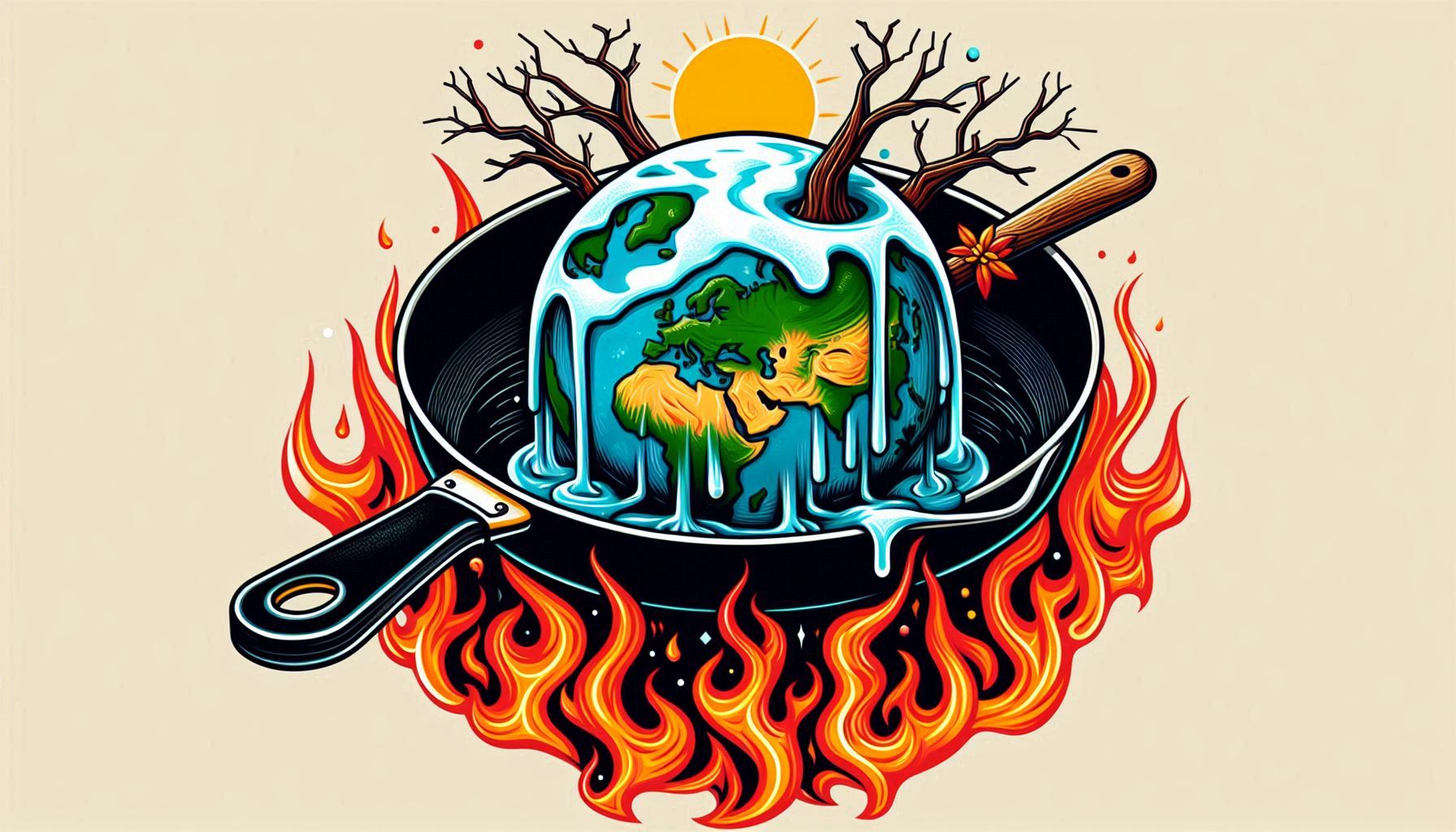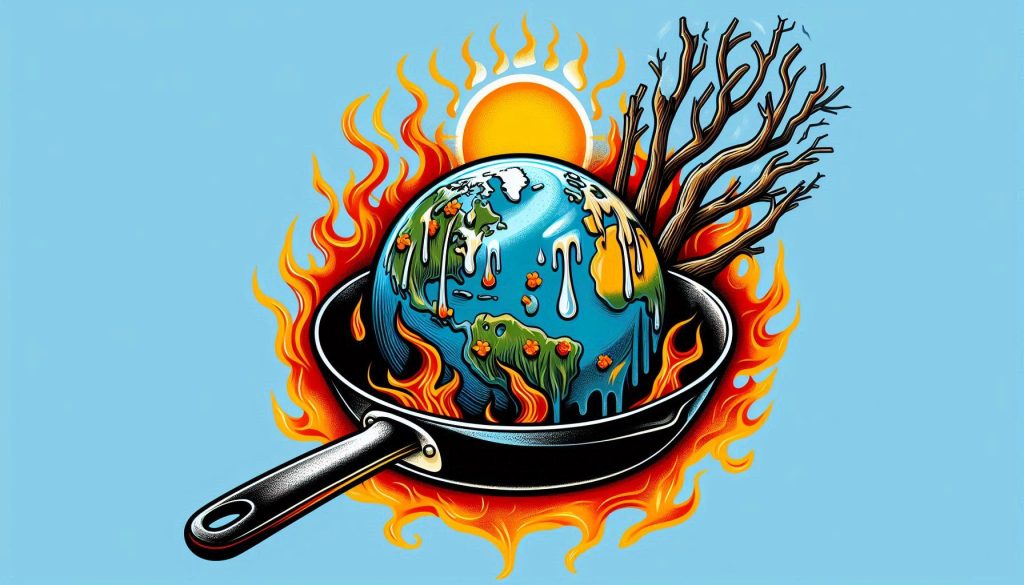
Securing Our Future: The Intersection of Food Security and Climate Change
In today’s world, the urgency of addressing food security in the context of climate change cannot be overstated. The Sustainable Development Goals (SDGs), particularly SDG 2 (Zero Hunger) and SDG 13 (Climate Action), are critical for global sustainability. These goals aim to ensure that everyone has access to sufficient, safe, and nutritious food while also taking urgent action to combat climate change and its impacts.
Section 1: Understanding Food Security
- Definition and Pillars: Food security is defined by four pillars: availability, access, utilization, and stability. It means that all people, at all times, have physical, social, and economic access to sufficient, safe, and nutritious food.
- Current State: Despite global efforts, food insecurity remains a significant challenge. According to recent statistics, nearly 690 million people are hungry, and this number is expected to rise due to various factors, including economic downturns and conflicts.
- Affected Regions: Sub-Saharan Africa, South Asia, and parts of Latin America are among the regions most affected by food insecurity. Socio-economic factors such as poverty, inequality, and lack of infrastructure contribute to this issue.
Section 2: The Impact of Climate Change on Food Security
- Agricultural Productivity: Climate change affects agricultural productivity through changes in weather patterns, increased frequency of extreme weather events, and shifting growing seasons. These changes can lead to reduced crop yields and livestock productivity.
- Examples: For instance, prolonged droughts in East Africa have led to significant crop failures, while flooding in South Asia has destroyed vast areas of farmland. These events disrupt food production and supply chains, exacerbating food insecurity.
- Climate-Smart Agriculture: To mitigate these impacts, climate-smart agriculture practices are essential. These include techniques such as crop diversification, improved irrigation systems, and sustainable land management. These practices help farmers adapt to changing conditions and ensure food production remains stable.
In today’s world, the challenges of food security and climate change are deeply intertwined. As we strive to achieve the Sustainable Development Goals (SDGs), particularly SDG 2 (Zero Hunger) and SDG 13 (Climate Action), it is crucial to understand how these issues impact each other and what we can do to address them.
Understanding Food Security: Food security is defined by four pillars: availability, access, utilization, and stability. It means that all people, at all times, have physical, social, and economic access to sufficient, safe, and nutritious food. However, millions of people around the world still face food insecurity due to various factors, including poverty, conflict, and economic instability.
The Impact of Climate Change on Food Security: Climate change significantly affects agricultural productivity. Changes in weather patterns, increased frequency of extreme weather events, and shifting growing seasons disrupt food production. For instance, prolonged droughts can devastate crops, while floods can destroy entire harvests. These changes threaten the livelihoods of farmers and the food supply for communities worldwide.
Case Studies and Real-World Examples: In many parts of the world, communities are adopting innovative practices to combat these challenges. Climate-smart agriculture, which includes techniques like crop diversification, improved irrigation, and sustainable land management, is helping farmers adapt to changing conditions. For example, in parts of Africa, farmers are using drought-resistant crops to ensure food production even in dry conditions.
The Role of Policy and International Cooperation: Effective policies and international cooperation are essential in supporting food security and climate resilience. Agreements like the Paris Agreement aim to limit global warming and promote sustainable practices. National policies that support sustainable agriculture and provide resources for farmers are also crucial.
Call to Action: Everyone has a role to play in addressing food security and climate change. Individuals can support sustainable food practices, reduce food waste, and advocate for policies that promote climate resilience. Communities can work together to implement local solutions, and policymakers can create frameworks that support sustainable development.
Addressing food security and climate change together is essential for a sustainable future. By understanding the connections between these issues and taking collective action, we can ensure that everyone has access to the food they need while protecting our planet for future generations.
🌍🌱

Leave a Reply